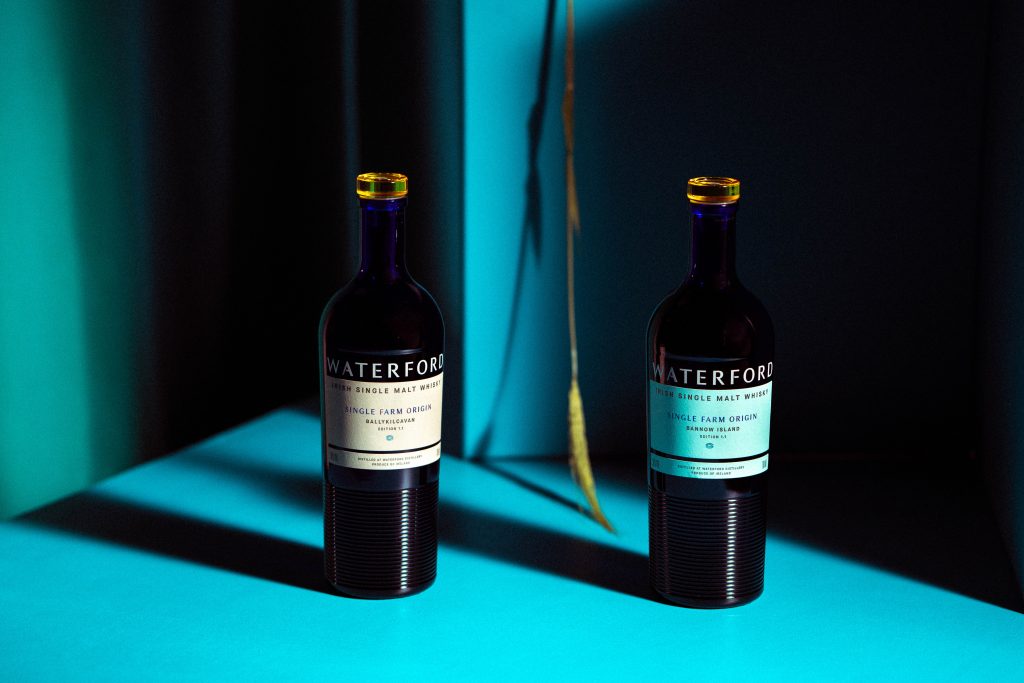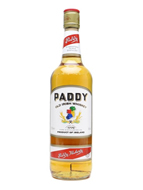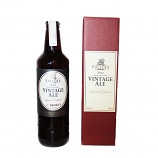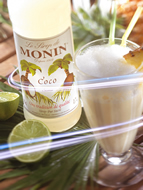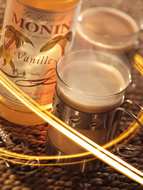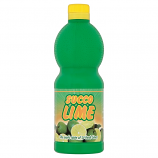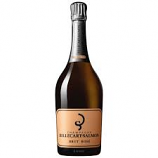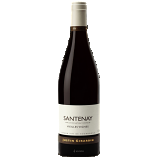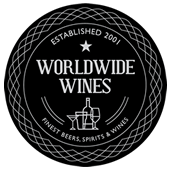March 2018, we became the first distillery to create Irish whisky from biodynamic barley. This followed on from our industry milestone in 2016 when we distilled Ireland’s first organic whisky. This new biodynamic distillation takes our operation to a whole new level, creating a significant first for the Irish drinks industry.
Biodynamic agriculture, ultimate organics, is the controversial agricultural principal outlined in 1924 by Austrian philosopher Dr Rudolf Steiner, the codified manual, the culmination of 10,000 years of farming know-how. To others it’s just folklore.
The concept involves a farm becoming self-sufficient for all its needs, relying on home-made organic fertilisers and naturally occurring plant insecticides.
As our forefathers knew, the astrological calendar not only predicts tides but guides planting, growing and harvesting. Preparations, unusual to us, such as “horn manure”, made from buried, manure-packed, cow horns, is super efficacious stimulating microbial activity in the soil, seed germination and root development, say adherents; barking mad, say critics.
Working closely with Minch Maltsters, the pioneering farmers that answered the call to grow the biodynamic barley were John McDonnell, Co. Meath; Alan Mooney, Kilcock, Co. Kildare; and Trevor Harris from Naas, Co. Kildare.
We’ve received the prestigious Demeter certification from the Biodynamic Association, which we holds alongside our existing certification from the Organic Trust.
Our CEO, Mark Reynier, said: “Biodynamics is a farming philosophy, a way of life. It’s fascinating to see the world’s greatest wine makers attracted to this time-consuming way of running their farms.
“It started with the fear of losing the accumulated knowledge of millennia to the march of the agrochemical industry last century. It’s about minimal treatments, ancient homeopathic remedies, natural fertilisers focused on enhancing the biodiversity of a naturally healthy soil.
“It all sounds pretty crazy, it’s easy to dismiss as cranky tree-hugging bunkum, but yet it’s funny how the greatest wines in the world are made under this unusual regime. Only natural we should give it a go for our whisky. As part of our extensive research we travelled Alsace, to see bioydynamics in action. So I wanted to extend my thanks to Olivier Humbrrecht and Jean Paul Zusslin – as well as to Trevor Harris, John McDonnell and Alan Mooney for rising to the challenge when I first raised the idea in 2015.”
Though biodynamic farming methods may appear eccentric, many of the greatest wine producers, including the legendary Domaine Zind Humbrecht, Romanee Conti, and Chateau Margaux, maintain biodynamic vineyards.
Our Head Brewer, Neil Conway, added: “When Mark first mentioned the idea, we thought he was mad. We had to educate ourselves on what exactly biodynamic farming is and how biodynamically grown grain may effect the production process in the distillery. I’ve found biodynamics fascinating, particularly the preparations involved and understanding how they activate and mobilize different nutrients that the barley crop needs.
“The most satisfying part has been the openness of all the people involved in this project. It’s been a real team effort from the biodynamic growers, our maltsters and everyone at Waterford Distillery. We’re all learning from each other during this new chapter of malting, brewing and distilling.”
A new generation of consumers is taking ever-more interest in the provenance of their drinks – how and where the ingredients are grown – which is key to our philosophy.
Like no other distillery, by celebrating and exploring the differences in soil, location and microclimate, or terroir as it is known, and extolling the virtue of super-premium wood, both French and American oak, we aim to create the world’s most profound – and natural – single malt whisky.
The special spirit distilled from biodynamic barley won’t be bottled for several years, but our first whiskies are on the horizon.
